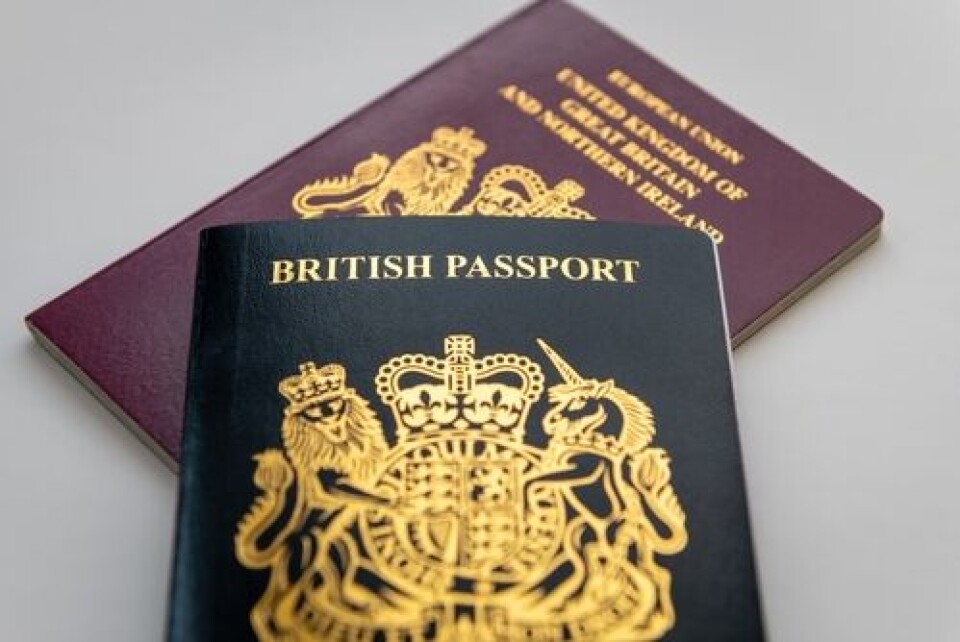-
Festive travel reminder for residency card holders as new border checks expand in France
The EU’s Entry/Exit System is being rolled out progressively
-
This charming Breton village is known for its thrilling rallycross events
The historic sites of Lohéac (Ille-et-Vilaine) blend culture and motorsport
-
Is health insurance required to return to visit England from France?
Certain health access remains free at the point of use for all
Are British passports labelled ‘European Union’ still accepted?
These passports were issued before the UK left the EU as a result of Brexit

Reader Question: My husband's passport states European Union on the top and then United Kingdom of Great Britain and Northern Ireland, and it is still in date. Mine just says United Kingdom of Great Britain and Northern Ireland. Would we have a problem going through passport control?
Passports which were issued before the UK left the EU are maroon in colour and have a line reading ‘European Union’ at the top.
Post-Brexit passports, in contrast, are navy/black and do not have the European Union wording.
As long as a passport issued before Brexit is still valid, you can continue to use it for travel abroad.
It should be noted that for travel into the European Union’s Schengen area from the UK, the passport must be under 10 years old on the day of entry and with three months validity remaining after the date you intend to leave.
Read more: What are the EU rules on passport validity periods?
Passport control officers should know that they need to stamp the document if you are entering or exiting the Schengen area, and the presence of the European Union wording does not affect this.
Read more: Explainer: How has Brexit changed UK passport checks at EU borders?
The stamp will mark the date of your arrival in and departure from the Schengen area, allowing border police to check that you do not stay longer than 90 days in any 180-day period.
Read more: The EU's 90/180-day rule: How does it work?
Related articles
Campaign group ‘disappointed’ by French response to 90/180 rule issue
France 90-day stay: is the 180-day period rolling or fixed at entry?
























